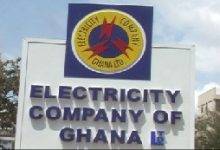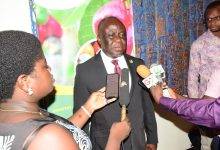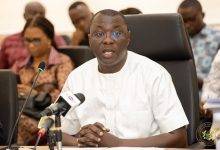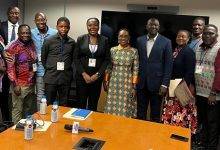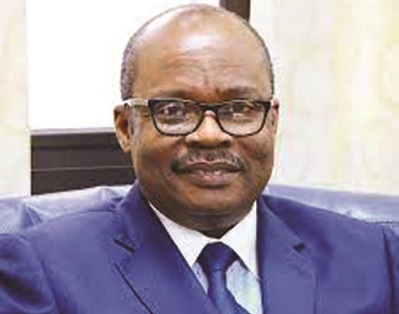
The Monetary Policy Committee of the Bank of Ghana (BoG) has maintained the policy rate at 14.5 per cent on the back of rising inflation and uncertainties in the global economy.
This is the second time the BoG has maintained the policy rate (the rate at which the BoG lends to commercial banks) since it hiked it by 100 basis points from 13.5 to 14.5 per cent in November last year.
This was contained in a statement issued by the BoG yesterday after the 104th meeting of the MPC in which the Committee deliberated on recent global and domestic developments and how they have shaped macroeconomic conditions and assessed risks to the inflation and growth outlook.
The Committee said the rising inflation, the difficult global economic conditions and the need to boost growth and bolster investor confidence informed the decision to maintain the policy rate.
It said notwithstanding the strong recovery in the global economy for 2021, growth momentum was projected to slow in the near-term reflecting unrelenting supply chain bottlenecks, rising input costs and pandemic-related uncertainties.
The statement said the global price pressures intensified in 2021, primarily due to sharp increases in energy prices, rising demand pressures, and the persistent supply chain disruptions and as result headline inflation across several Advanced and Emerging Market economies rose above targets and those price trends had triggered reversals of the accommodative policies put in place to stimulate recovery from the pandemic.
“Global financial conditions began tightening in the second half of 2021 and this is expected to tighten further in 2022. The expectation of higher policy rates by major central banks has driven up long-term bond yields. Spreads on sovereign bonds have widened, especially for Emerging Markets (EMs) and frontier economies with weak fundamentals. Additionally, capital flows to EMs and developing economies have become volatile due to expectations about higher US interest rates and a strengthening of the US dollar,” it said.
On the domestic front, the statement said inflation had risen beyond the Bank of Ghana upper band limit of ten per cent, indicating that after falling to 7.5 percent in May 2021, inflation increased throughout the second half of the year, ending December 2021 at 12.6 percent.
It explained that the upward trajectory of inflation in the second half of 2021 reflected food supply challenges, rising crude oil prices, and some pass-through effects of exchange rate depreciation in the last quarter.
“In line with the increases in headline inflation, underlying inflationary pressures, measured across all the Bank’s core measures of inflation, also increased over the period. The main core inflation measure, which excludes energy and utility, increased from 7.3 per cent in May 2021 to 11.8 per cent in December 2021. In addition, the weighted inflation expectations index, which captures inflation sentiments of consumers, businesses, and the financial sector, also picked up significantly in December 2021,” the statement said.
However, the statement said, the economy continued its strong recovery from the COVID-related economic downturn with the latest Ghana Statistical Service update showing that Real Gross Domestic Product growth for the first three quarters of 2021 averaged 5.3 per cent, compared with an average contraction of 0.6 percent recorded in the same period of 2020.
“The Committee will continue to monitor the impact of these policy measures and as needed call an extraordinary meeting to re-assess the inflation outlook over the forecast horizon and take the necessary policy decisions accordingly,” it said.
BY KINGSLEY ASARE


